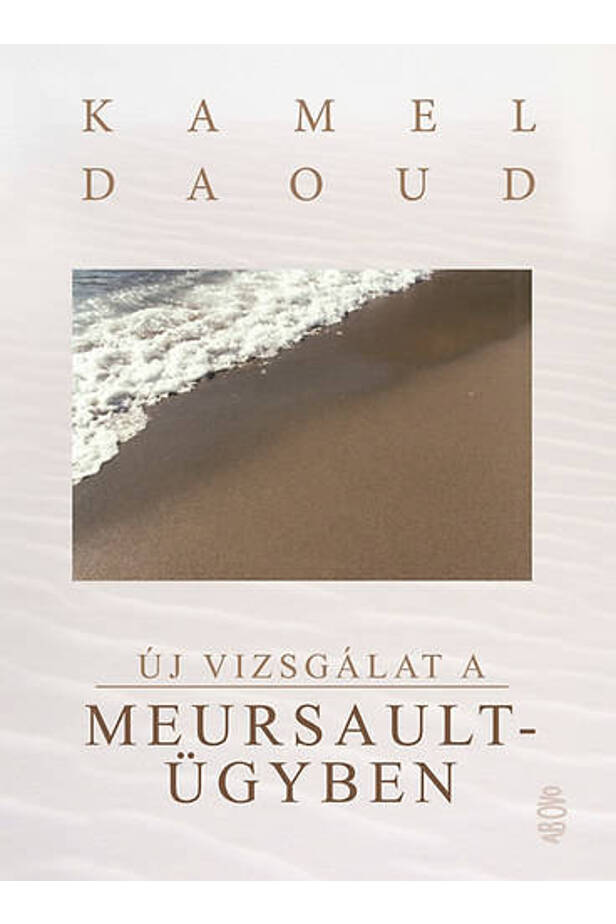New investigation in the Meursault case
Delivery time: 2 - 3 business days
Quantity:
HUF 2,890
Description
Meursault is the protagonist and narrator of Albert Camus' world-famous novel Létranger (The Stranger), which became known in Hungary as Indifference. The story takes place in French Algeria in the early 1940s. French Meursault, who lives in Algiers, commits murder on the beach in the early afternoon glowing sunlight, the victim being an Arab man. The characters of the novel, including Meursault's love, neighbors, and acquaintances, were named by Camus, but the victim remained anonymous, he was the only Arab who was not mentioned more. Kamel Daoud’s book, which is held in the hands of the reader, is about him, his family. The narrator of this book, Harun, the Arab brother, was seven years old when Meursault shot his brother, and from then on his whole life took place in the shadow of the dead and was ruined. More than half a century after the murder, as an old man, he tells a young Camus researcher in an Oran pub how he had to take revenge for his brother’s death. Meanwhile, Harun has become as foreign in his independent homeland since 1962 as Meursault in French Algeria. Algerian writer Kamel Daoud, a Francophonie, was born in Mesra in 1970 and lives in Oran. His first volume of short stories was published in Algeria, and in 2013 his striking first novel, Meursault, contre-enqute, which was a huge success in 2014 in the French edition of Actes Sud, was translated into thirty languages. Daoud’s novel won the Goncourt Prize for First Volume, the François Mauriac Prize, and the International Organization of Francophone Prize in 2015. The Hungarian translation is the work of Pál Pataki.
| publisher | Ab Ovo |
|---|---|
| writer | Kamel Daoud |
| scope | 158 |
| volume unit | oldal |
| ISBN | 9786155353987 |
| year of publication | 2016 |
| binding | tabbed, cardboard |
| translator | Pataki Pál |

Sign up for our newsletter and be the first to know!
A Zamnia hírlevélre való feliratkozással megerősítem, hogy betöltöttem a 16. életévemet.


